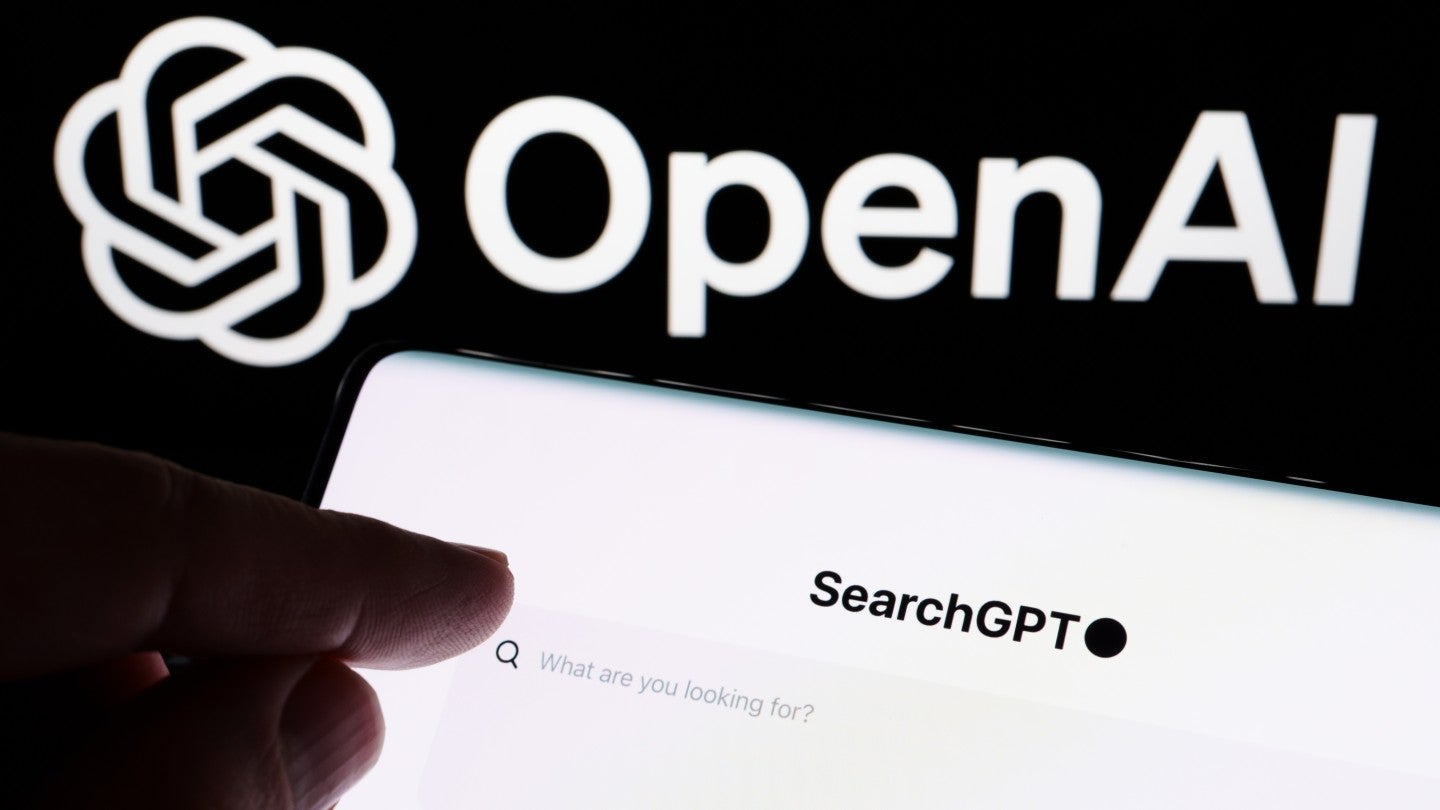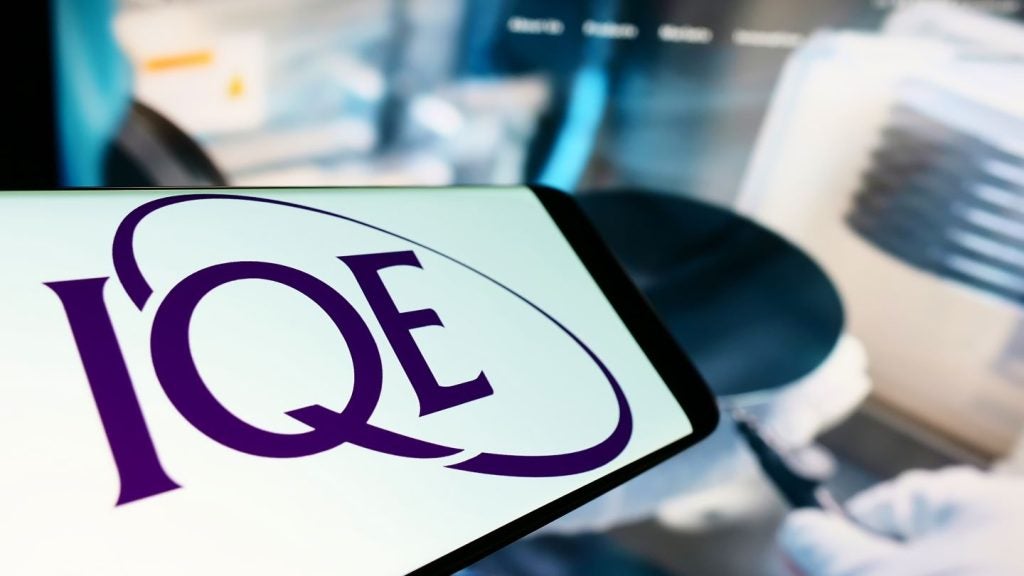
OpenAI has strengthened its team by hiring Sebastian Bubeck, previously Microsoft‘s vice-president of generative AI research, Reuters reports.
The move, initially reported by The Information, is claimed to be a significant shift in expertise from one leading AI institution to another.
Microsoft acknowledged Bubeck’s departure, stating, “Sebastian has decided to leave Microsoft to further his work toward developing AGI,” and expressed anticipation for continued collaboration through OpenAI.
Bubeck is renowned for his work on Microsoft’s Phi models, which are designed to enhance AI applications on edge devices.
His expertise is particularly relevant as the industry shifts focus from large, centralised models such as OpenAI’s GPT-4 to more efficient, on-device models that operate with greater privacy and without the need for internet connectivity.
Although his exact role at OpenAI has not been disclosed, it is speculated that Bubeck will contribute to the company’s efforts in the small-model AI sector, where OpenAI is currently expanding its presence.
How well do you really know your competitors?
Access the most comprehensive Company Profiles on the market, powered by GlobalData. Save hours of research. Gain competitive edge.

Thank you!
Your download email will arrive shortly
Not ready to buy yet? Download a free sample
We are confident about the unique quality of our Company Profiles. However, we want you to make the most beneficial decision for your business, so we offer a free sample that you can download by submitting the below form
By GlobalDataThe recruitment of Bubeck follows a series of high-profile departures from OpenAI, including the exit of its chief technology officer, Mira Murati, in September.
CEO Sam Altman dismissed any suggestion that these departures are related to a planned restructuring of the company.
In addition to its new talent acquisition, OpenAI recently announced plans to establish a new office in Singapore by the end of 2024.
The Singapore office is intended to serve as a hub for OpenAI’s engagement with partners, governments, and customers in the Asia-Pacific region, reflecting the growing demand for AI tools in the area.
OpenAI’s expansion is further supported by a $6.6bn funding round, which could elevate the company’s valuation to an estimated $157bn.
The funding attracted significant investments from existing supporters such as Thrive Capital and Khosla Ventures, as well as from principal corporate backer Microsoft and new investor NVIDIA.







